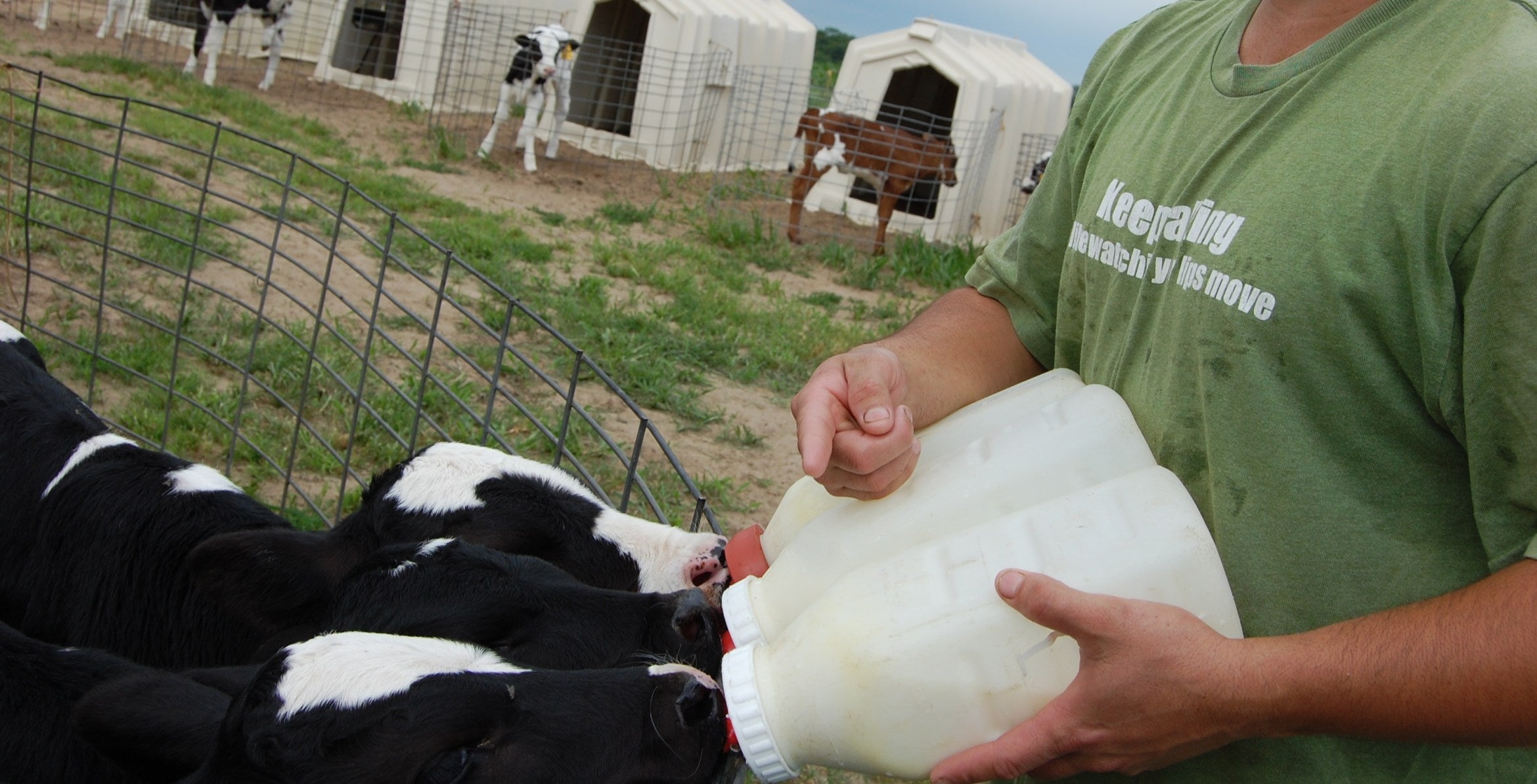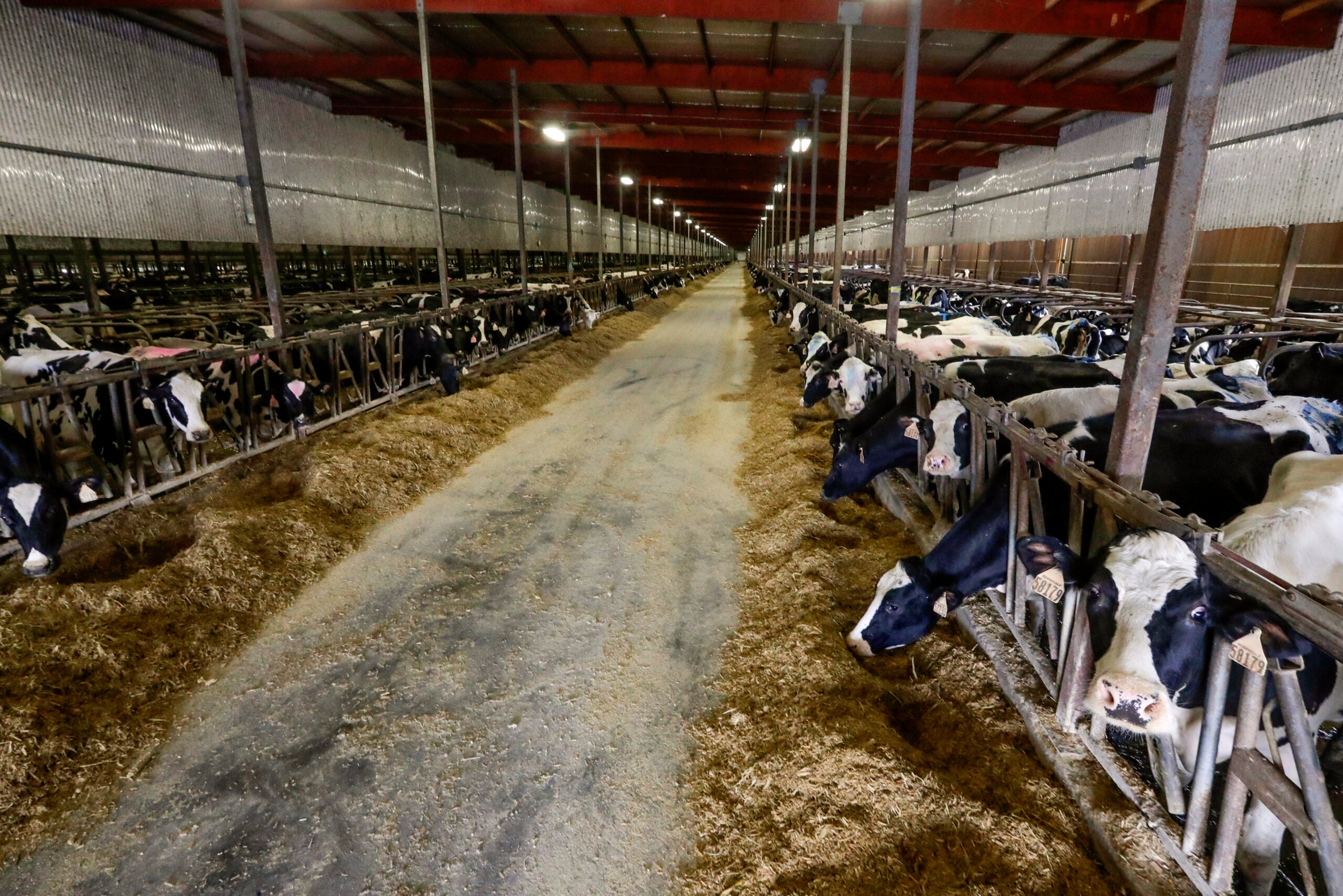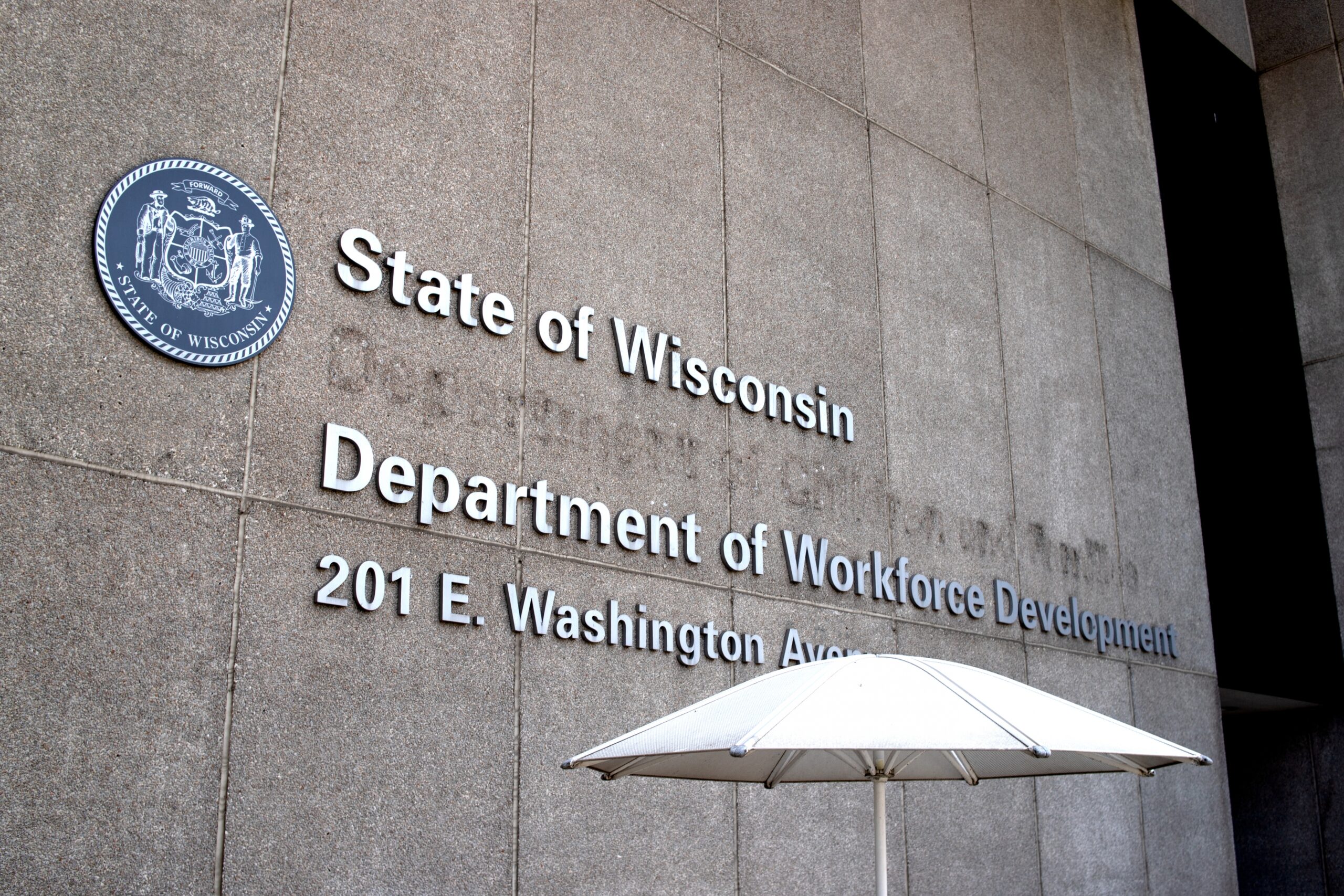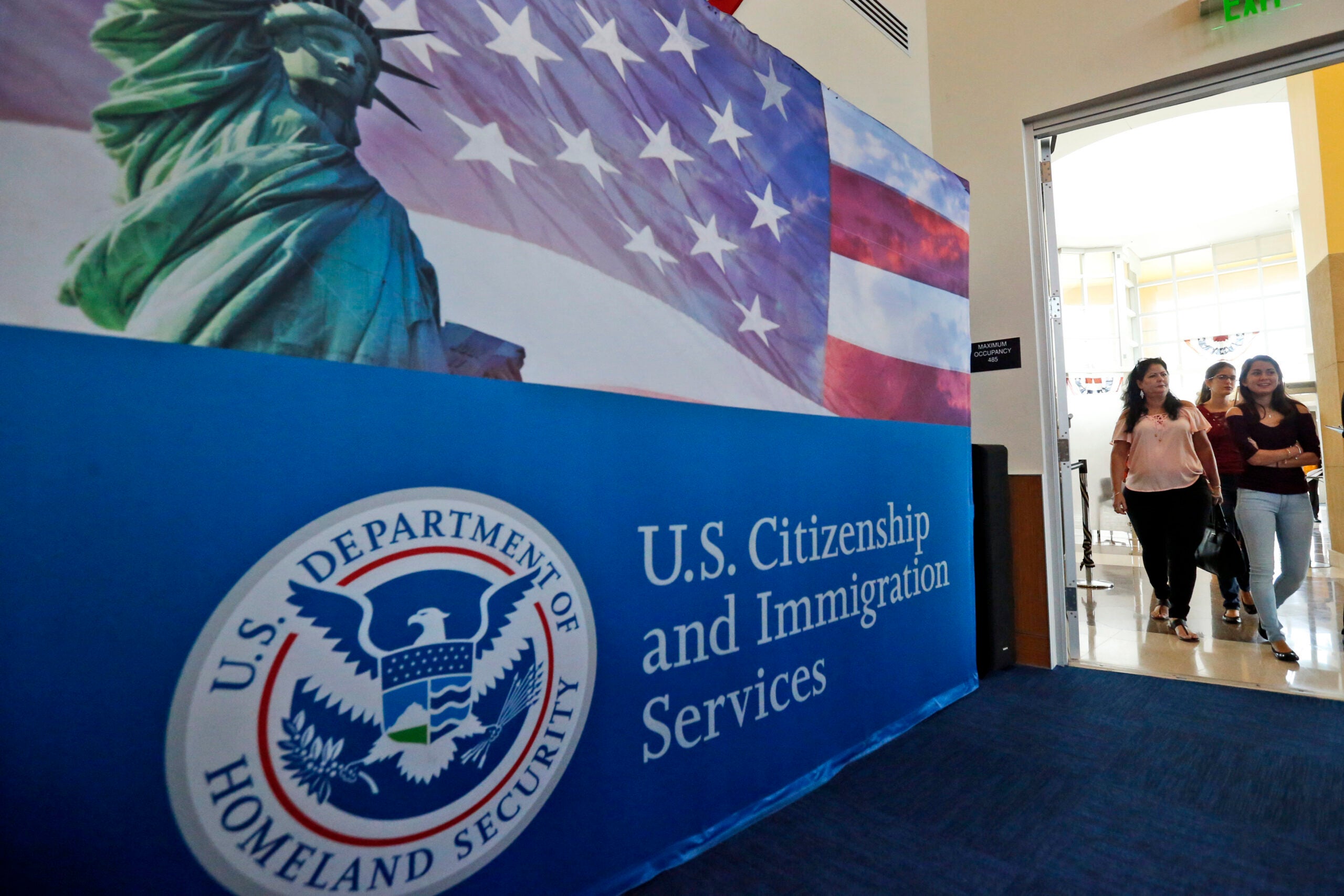A Wisconsin farm group is helping producers navigate the process of bringing in foreign workers as the ag industry struggles to find enough labor.
The Wisconsin Farm Bureau recently announced a new partnership with Great Lakes Ag Labor Service, a company started by the Michigan Farm Bureau to help producers hire workers through the federal H-2A visa program. It allows employers to bring in foreign workers for a limited time to fill seasonal farm jobs.
Sarah Black, general manager of Great Lakes Ag Labor Services, said the program is used by producers of all commodities, from dairy to produce to corn and soybeans.
News with a little more humanity
WPR’s “Wisconsin Today” newsletter keeps you connected to the state you love without feeling overwhelmed. No paywall. No agenda. No corporate filter.
“People think, ‘Oh, that’s only for the really large farms,’” Black said. “In reality, we have a lot of farms that bring in one worker. So it’s the smallest of farms all the way up to the largest farms, because there’s no cap on the number of visas that you can petition for.”
Black said her company started 10 years ago in response to a growing interest in H-2A workers and has also expanded to Farm Bureaus in Texas, Ohio and Indiana.
She said demand has increased even further since the COVID-19 pandemic shook labor markets across the economy.
“Basically every corner that you drive by has a ‘help wanted’ sign,” she said, “It’s no different for our farmers. They’re struggling as well, trying to get a reliable workforce to help them in food production.”
Black said her company can help farms figure out how to meet the program’s requirements, file applications and recruit workers. But she said the H-2A program is not a quick fix, especially because farms are required to provide free housing and sometimes transportation to the temporary workers.
Black said she encourages producers to start thinking about how they’ll meet the program requirements well before they need help on the farm.
“It’s thinking about it longer term: ‘I see a trend on my farm, I know that I’m not getting the right amount of workforce that I need and so I’m planning ahead,’” she said.
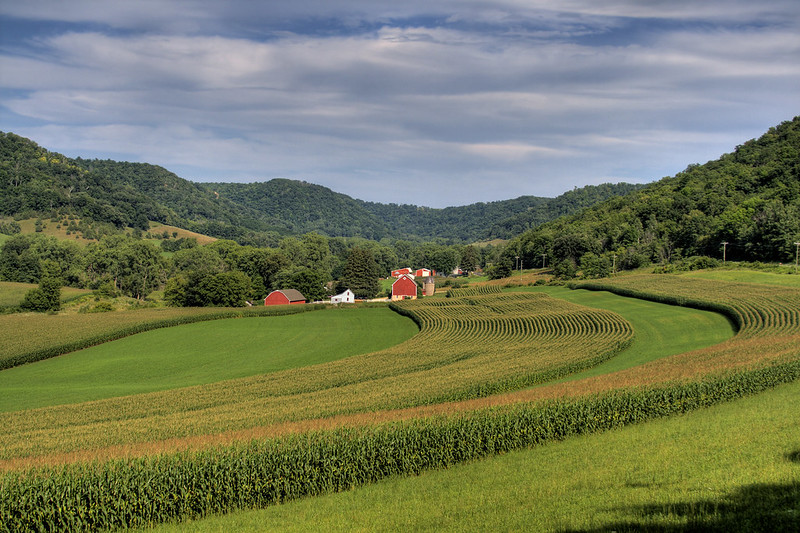
Farms need more than seasonal staff
Some farm leaders say bringing in workers temporarily isn’t a good solution to the consistent labor shortage.
“I think all farmers would love to embrace this, but are they going to want their best employees to have to go back to Mexico or wherever?” said Tina Hinchley, dairy farmer and vice president of the Wisconsin Farmers Union.
Hinchley said producers often need help all year round, especially dairy farms like hers. She said she believes most farms are hiring immigrant workers who have come to live the U.S., many of whom lack permanent legal status, instead of looking to seasonal programs like H-2A.
“I truly believe that if we did not have the immigrant workforce that we have, whether they are on a visa or not on a visa, we could not operate as America’s Dairyland,” she said. “They’re in our cheese plants, they’re in our meat processing plants and they’re all throughout our dairy farms.”
Hinchley said farms would benefit from federal and state immigration reforms, including allowing people who lack legal status to obtain a driver’s license like in other states. Worker advocates have pushed for this change to Wisconsin law in recent years and Democratic Gov. Tony Evers included the issue in his budget proposals. But the Republican-led state Legislature has declined to take up the issue.
The ongoing national debate over immigration reform and anti-immigration sentiment among some conservatives have also complicated the labor issue for agriculture.
Black said these strong feelings mean people often lump the H-2A program in with workers who live in the U.S. full time. But she said the temporary visas are an important and legal tool for farms, and one that is critical for keeping them in business.
“If we don’t figure out this labor piece of the puzzle, we’re going to continue to see farms go out of business, and we’re going to continue to be more reliant on other countries for producing the fresh foods that we want on our tables every day,” Black said.
Wisconsin Public Radio, © Copyright 2025, Board of Regents of the University of Wisconsin System and Wisconsin Educational Communications Board.

